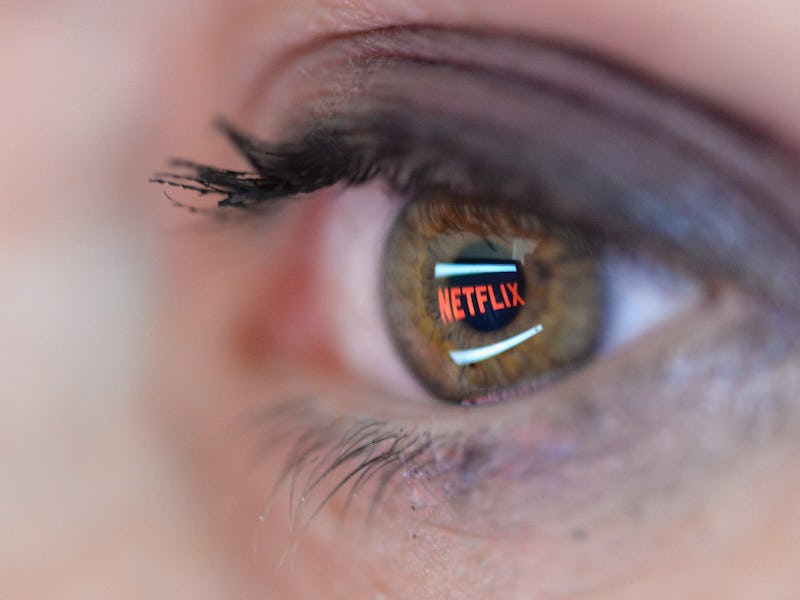Why Does Netflix Like Advertising They Have All Our Data? We Asked Experts
Mining user data for #content.

Their big Golden Globes nominations couldn’t keep Netflix occupied for too long, apparently. Those behind the streaming service’s U.S. account tweeted what they surely thought was a funny, topical joke Monday. The only problem is the “joke” ended up blowing the company’s user-privacy cover.
“To the 53 people who’ve watched A Christmas Prince every day for the past 18 days: Who hurt you?” Netflix asked, referring to its seasonal, currently-trending romantic comedy, which is generally considered a strong entry in the “so bad it’s good” cinematic genre.
But the joke also means Netflix is perfectly happy broadcasting it knows everything about its user data and sees no problem with sharing it with everyone, which might not seem like the best look for anyone still holding out even the faintest glimmer of hope for internet privacy. Inverse spoke to multiple experts to better understand a problem identified by New York Times tech reporter Kevin Roose.
Brian Roemmele, a tech researcher and analyst at trade publication Multiplex, tells Inverse that the joke format itself is very edgy, with little upside for Netflix.
“I don’t think it was thought through well enough,” he says.
The joke relies on taking what users might feel is private information — whatever they might have signed away in the terms and conditions — and using it for advertising to the public. The specificity of the joke — calling out precisely 53 customers, making it clear the service knows exactly how many people are watching what at any given time — could be humiliating to those who recognize themselves as one of those repeat viewers and didn’t expect to be dunked on in this way.
Roemmele also identifies a subtler problem with the joke: Someone who is watching a movie every day for nearly two weeks might actually be struggling with obsessive behavior or other mental health issues.
“Obsessive behavior is a sign for depression,” Roemmele points out. “They are putting themselves in a bit of a sensitivity issue.”
As for as the social strategy goes, brands exploiting user data to advertise may be funny, but may not be worth the negative reactions.
Jon Westenberg, a startup marketer based in Sydney, Australia, tells Inverse, “Even if you’ve anonymized private data, all you’ve done is to separate the information you’ve been entrusted with and the identifier.”
Case in point, the information about the 53 users’ has still been shared and their privacy violated.
“A part of their story is now out there, and their privacy has been violated.”
The trend of companies mining user data for advertising purposes has become more apparent in the past year, as Spotify caused a similar ruckus this month by calling out listeners’ habits.
To wrap up 2017, the music streaming platform is running a campaign centered around its users’ data.
Ads included “2018 Goals: Be significantly less proficient at goodbyes. ‘Too Good at Goodbyes.’ Streamed over 910,925 times in London. (Sam Smith)” and “2018 Goals: Exercise more conventionally than 46 people who put ‘Slow Hands’ on their running playlists (Niall Horan).”
At this rate, companies that offer us round-the-clock, on-demand entertainment look set to continue using their rich data mines to build their brand. But will users feel exploited or flattered?